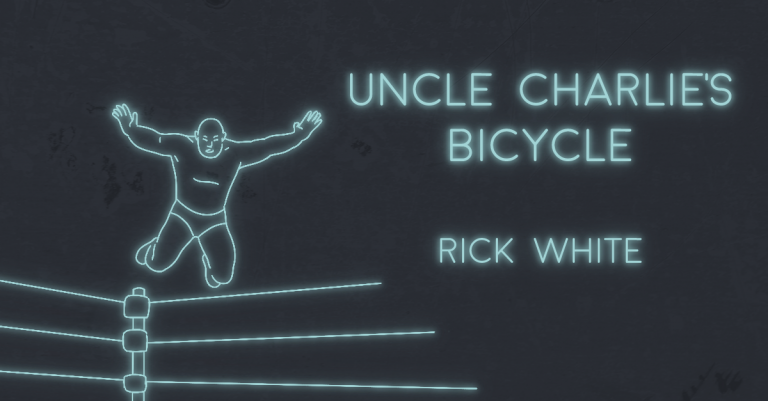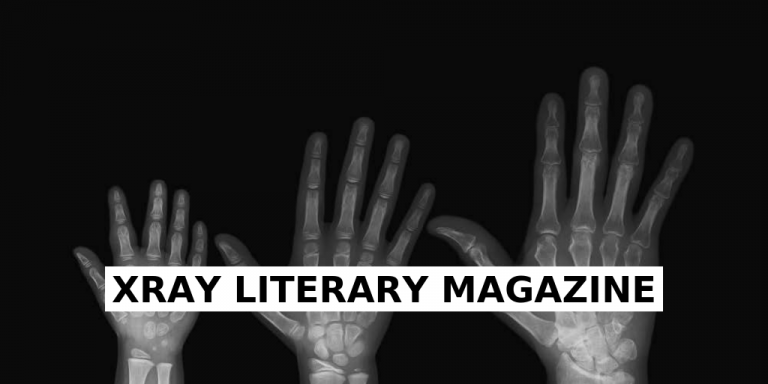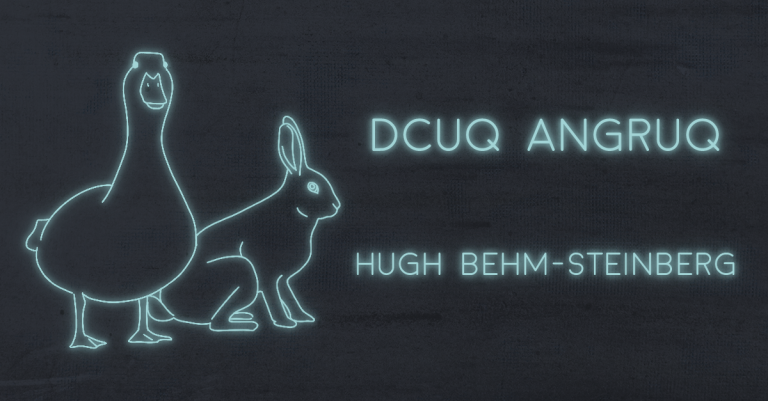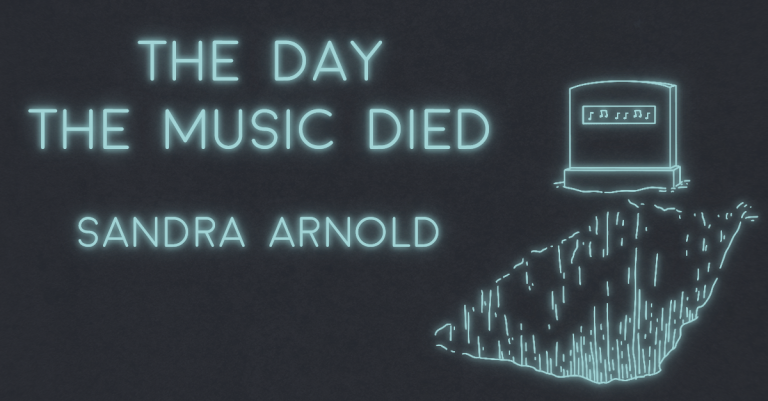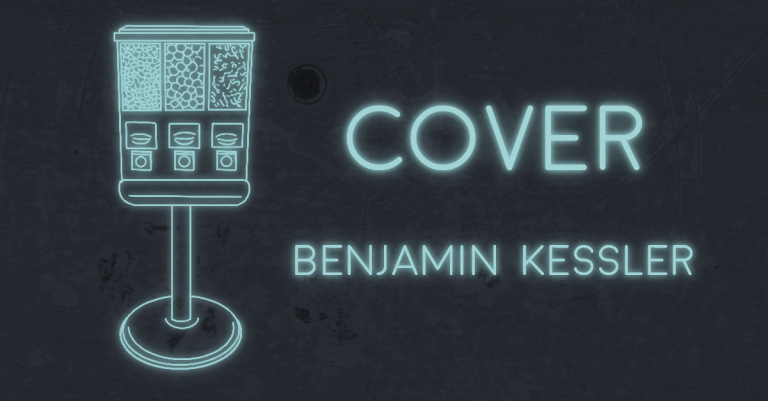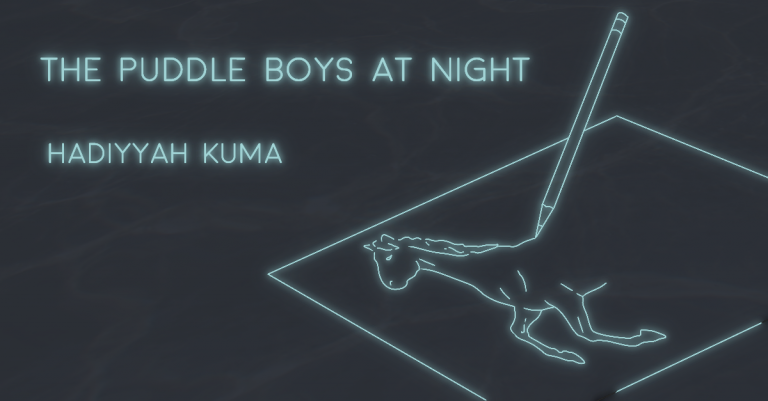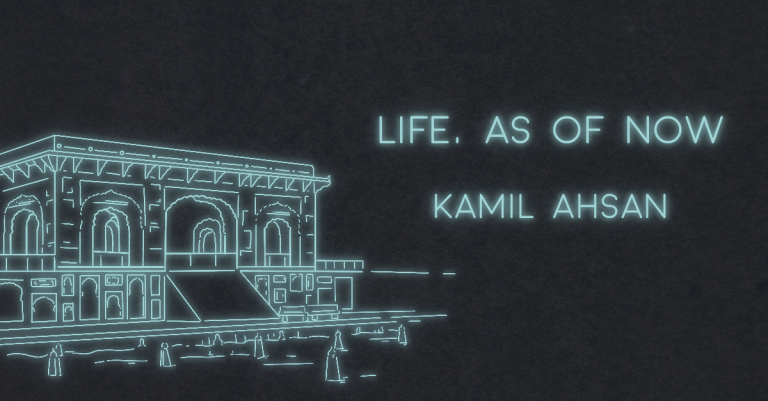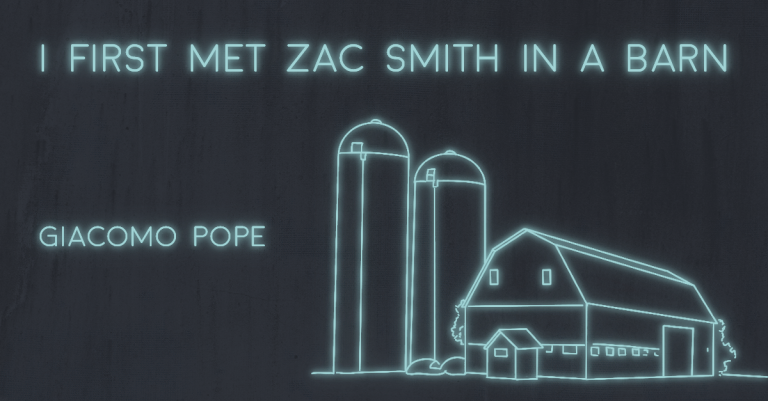
I FIRST MET ZAC SMITH IN A BARN by Giacomo Pope
I was 250 miles from the nearest streetlight, and my shoes were covered in horse shit. In the centre of the barn was this dude standing on the stacked hay. He was foaming at the mouth and shouting at overfed livestock. Zac was watching these chickens try to kill each other and they were making all this noise, but over the top of it, you could still hear the poems crashing against cracked red paint. The chickens were the stuntmen from Die Hard, and I was reaching into popcorn between my legs. I was sweating. The bigger chicken was digging its face into

